Workshops FMS op het PvdA-congres in Den Bosch
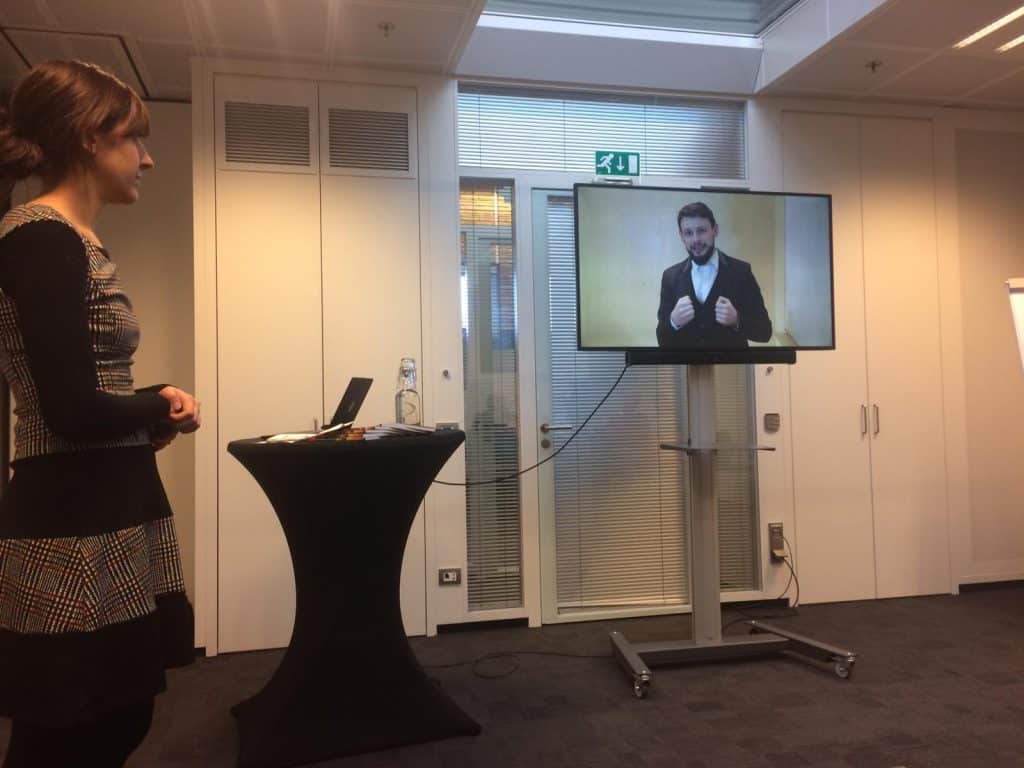
Geen betere plek dan het PvdA Congres op 19 januari in Den Bosch – waar de lijst en programma voor de Europese verkiezingen werden vastgesteld – om onze aandacht te vestigen op de buurlanden van de EU. Foundation Max van der Stoel organiseerde dan ook twee workshops in Den Bosch over de veiligheidssituatie in Oost Europa en over EU uitbreiding richting de Westelijke Balkan. Bert Koenders, Jan Marinus Wiersma en de Albanese Ambassadeur Adia Sakiqi waren onze gastsprekers!
Mass protests continue in Serbia: interview with activist Miloš Djajić
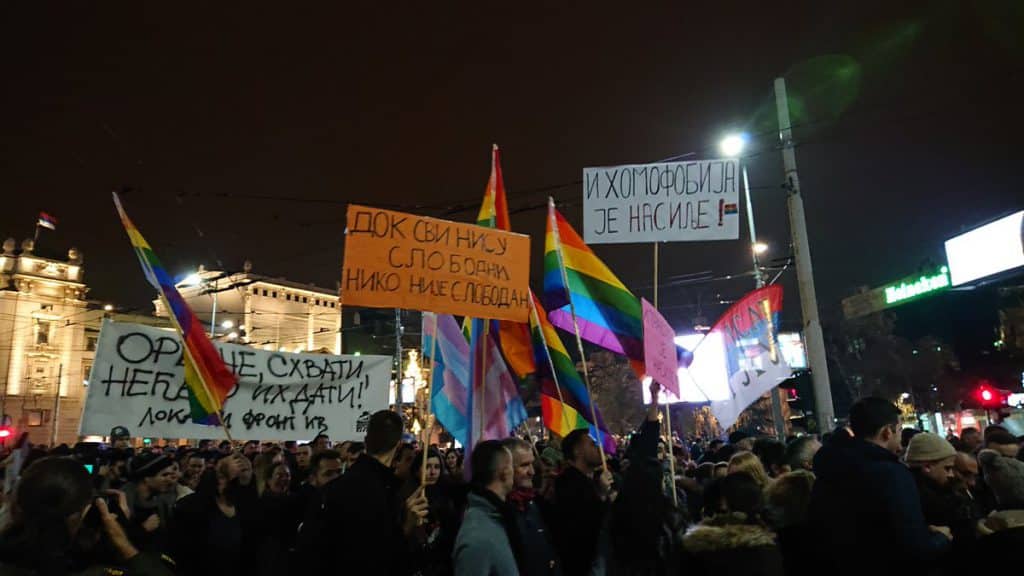
Serbian President Aleksandar Vučić, Serbian Progressive Party (SNS), is under pressure as the protests against him and his government are continuing. Every Saturday, since the 8th of December 2018, thousands of people are marching peacefully throughout Belgrade to protest against violence in the society and Vučić’s repressive regime. The protests are supported by the opposition Alliance for Serbia which was created last September. More and more parties are joining the alliance. The Democratic Party (DS) is one of the founding members of the Alliance and we interviewed DS member and director of our partner Center of Modern Skills (CMV), Miloš Djajić,to tell us more about the background of the protests and possible outcomes.
Public meeting: “Young Generations for the New Western Balkans: Beyond Emigration”
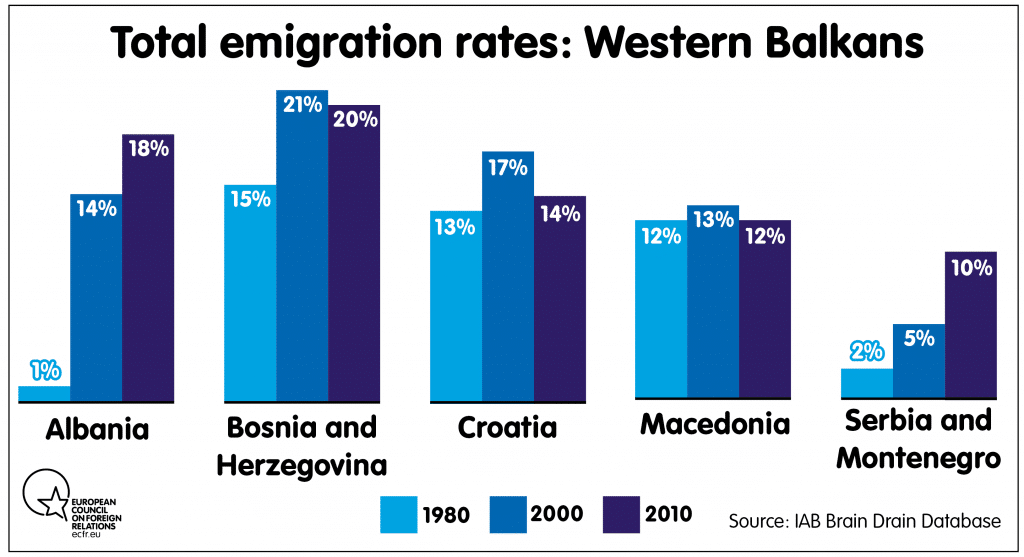
Recent research shows that between 25.000 – 40.000 people are annually leaving each of the Western Balkans countries. Not only young people, but increasingly the middle class as well. A group of young scientist from the region has engaged in a project ‘New Horizons for the Young Generations in the Balkans” in order to discuss their visions how to overcome old- fashioned politics and nationalisms and the lack of perspective for younger generations. They will sketch alternative horizons and the look for alternatives for South-Eastern Europe’s way beyond emigration. Den Haag will be the first place in Europe after Vienna where the results of the mentioned initiative will be presented to the public.
Gendertraining in Servië brengt progressieve partijen bij elkaar

In het weekend van 26 tot 28 oktober organiseerde Foundation Max van der Stoel in samenwerking met het Center of Modern Skills (CMV) een gendertraining voor progressieve partijen en bewegingen in Servië die deel uitmaken van de Alliance for Serbia, een nieuwe oppositiebeweging. FMS trainers Jamila Aanzi en Sonja Lokar reisden naar provincie Vojvodina af om de training te verzorgen.
Division of Kosovo on the table?
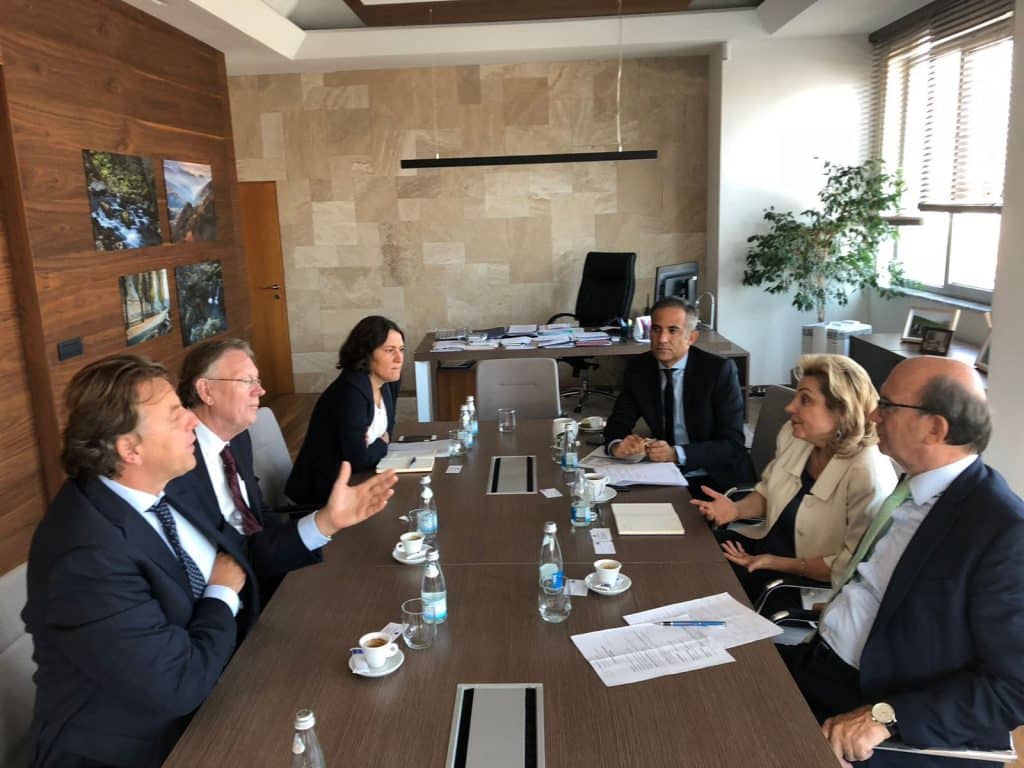
Between the 28th of August and the 2nd of September a delegation of the Dutch Labour Party, Foundation Max van der Stoel and the European Forum for Democracy and Solidarity, headed by Member of the European Parliament Kati Piri, visited EU aspirant countries Kosovo and Macedonia.
Verwachtingen van de Westelijke Balkan aan de vooravond van de Europese top
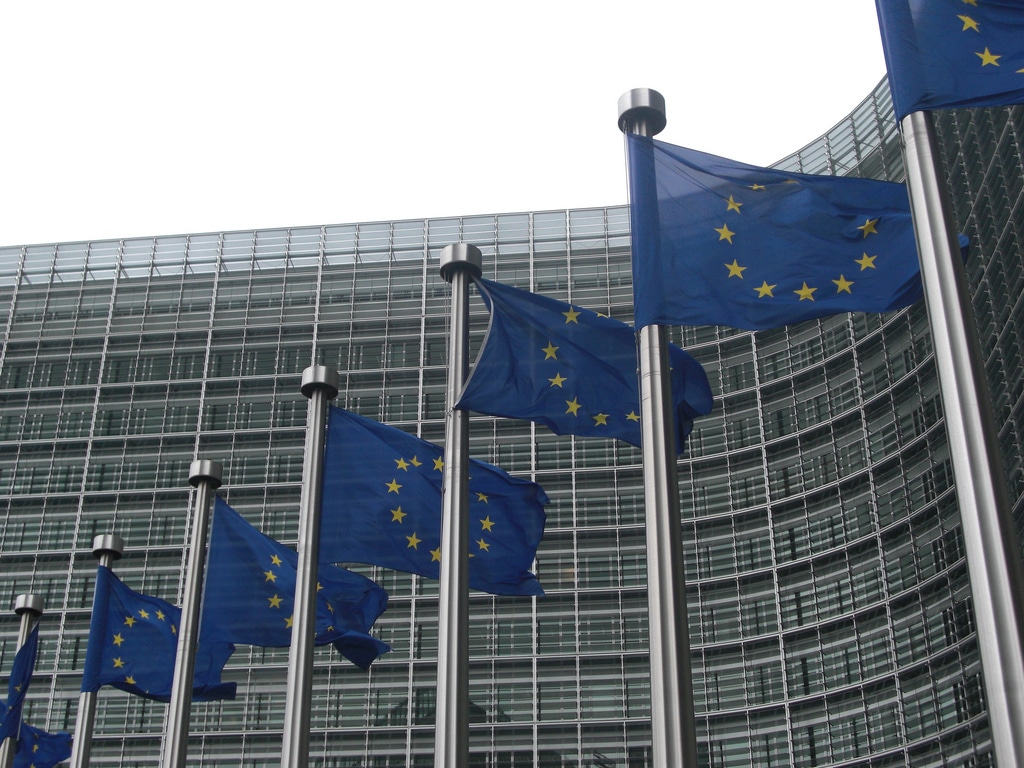
Zullen we ooit deel uitmaken van het Europese project? Dat is de vraag die alle Westelijke Balkan leiders stellen wanneer ze zich voorbereiden op de grote top. Na de uitspraak van de Franse president Macron, geen uitbreiding totdat de EU zelf haar zaken op orde heeft, vorige maand in Straatsburg, vielen hun dromen aan diggelen.
Sinds 1991 aan de macht: Djukanovic wint presidentsverkiezingen in Montenegro
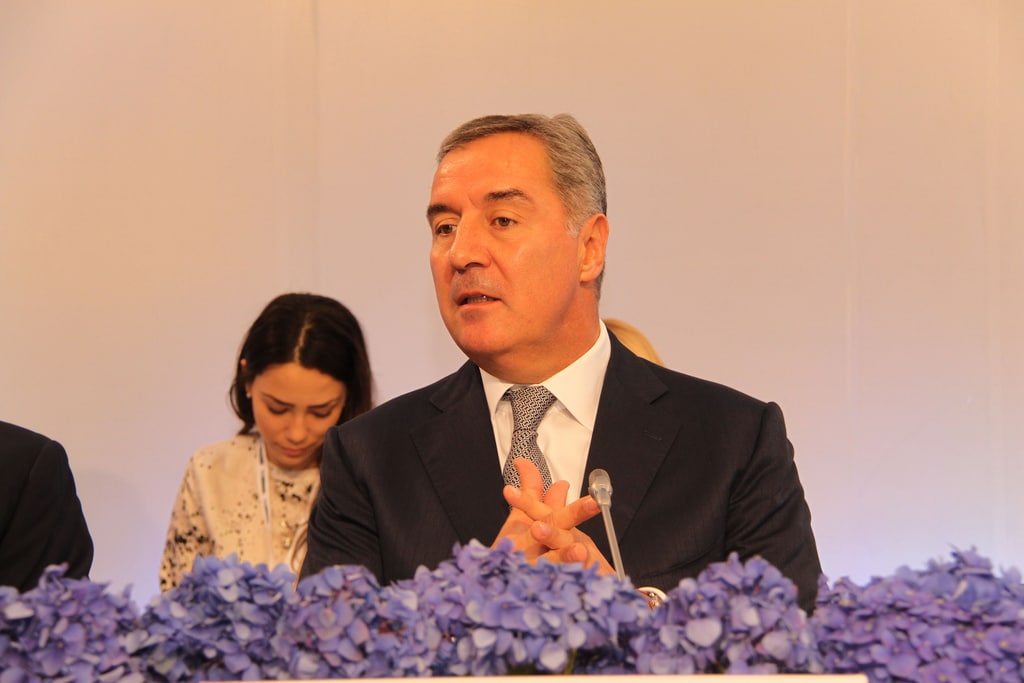
Op 15 April won Milo Djukanovic (Democratische Partij van Socialisten, DPS) de presidentsverkiezingen in EU-kandidaat-lid Montenegro. Een generatie Montenegrijnen is opgegroeid met Djukanovic als leider: sinds 1991 is hij zes keer premier en nu, voor de tweede keer, president. Zijn lange heerschappij is niet onomstreden. Hij zou zich tijdens de Westerse sancties tegen het voormalig Joegoslavië in de jaren ’90 verrijkt hebben door nauwe samenwerking met de georganiseerde misdaad. Zo vaardigde de openbare aanklager in de Italiaanse stad Napels in 2002 een arrestatiebevel uit omdat Djukanovic een belangrijke rol zou hebben gespeeld in de sigarettensmokkel. Ondanks het EU-perspectief – Montenegro handelt momenteel over toetreding – stagneert de democratische transitie door autoritair leiderschap van één van de langstzittende leiders in Europa.
EU’s New Enlargement Strategy: Change of Tone

On the 6th of February the European Commission presented its long awaited enlargement strategy for the Western Balkans. Since the State of the Union of European Commission President J.C. Juncker last year, there was a growing momentum for a clearer prospect for accession of Bosnia-Herzegovina, Serbia, Montenegro, Kosovo, Macedonia and Albania to the Union.
Back to the ‘90ies: Servische politicus vermoord in Kosovo
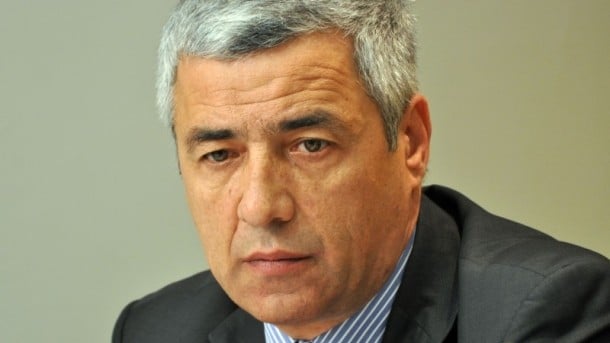
Op 16 januari werd Oliver Ivanović, de belangrijkste Servische oppositieleider in Kosovo, voor zijn kantoor doodgeschoten. In tegenstelling tot berichtgeving in sommige media heeft deze moord hoogstwaarschijnlijk niets te maken met etnische verdeeldheid in Kosovo. Drie maanden geleden maakte ik onderdeel uit van een kleine delegatie van het European Forum die Kosovo bezocht en spraken we Ivanović op zijn kantoor over de uitdagingen voor Kosovo in de aanloop naar de lokale verkiezingen. Hoe kan een dergelijke moord plaatsvinden in een de facto EU-protectoraat waar Europese militairen, rechters en ambtenaren de veiligheid moeten waarborgen en helpen met de opbouw van democratie en rechtstaat?

